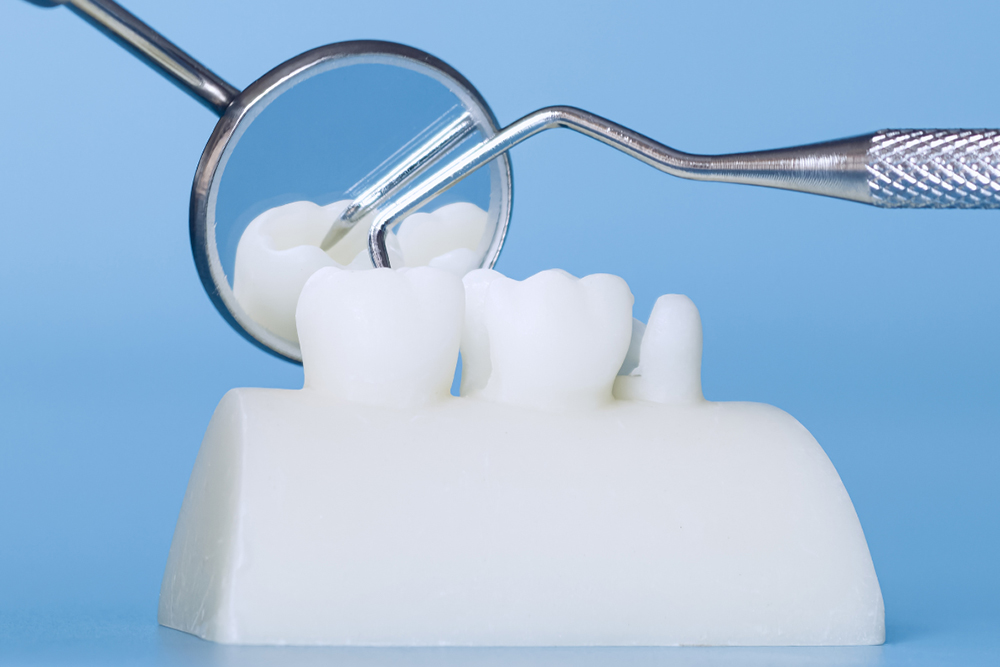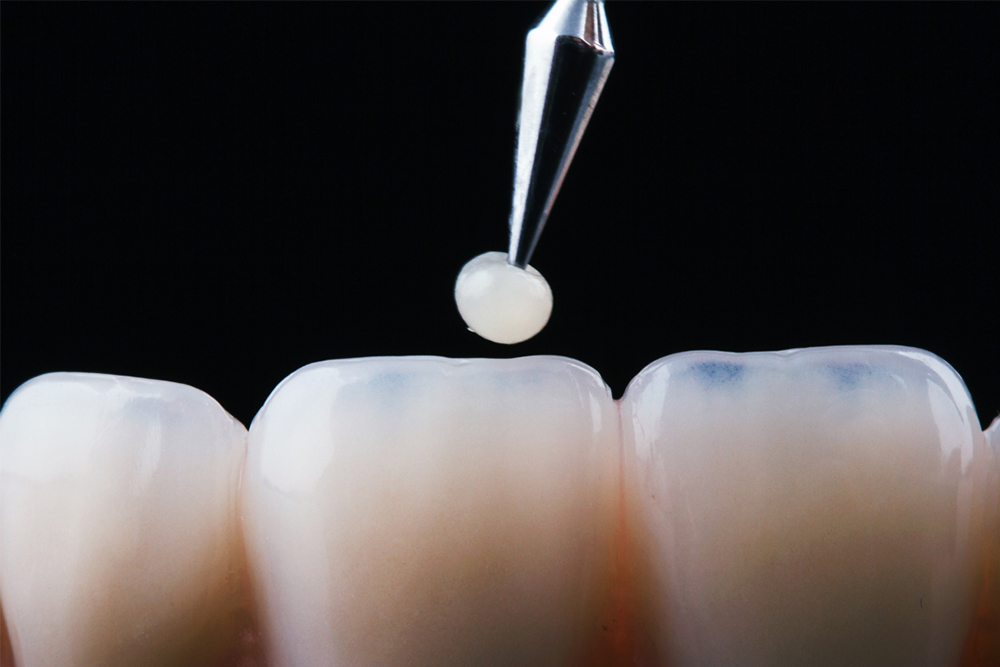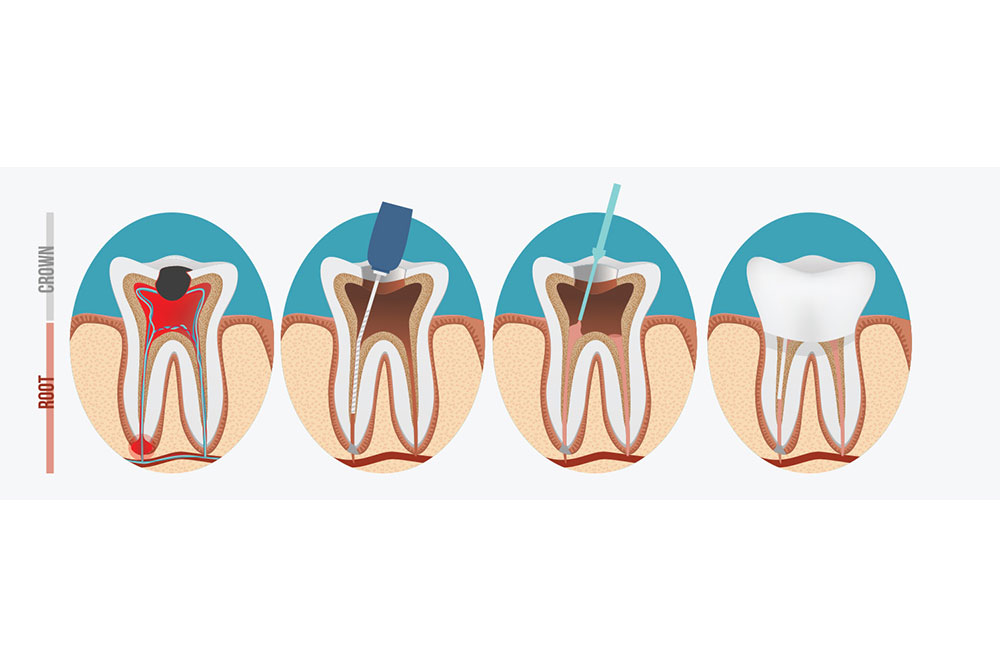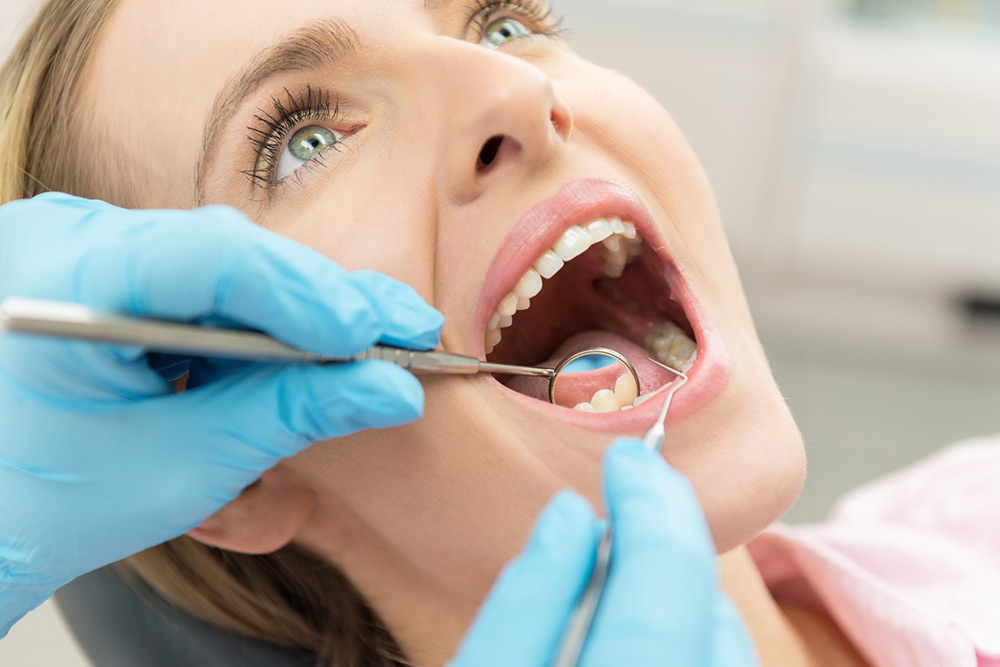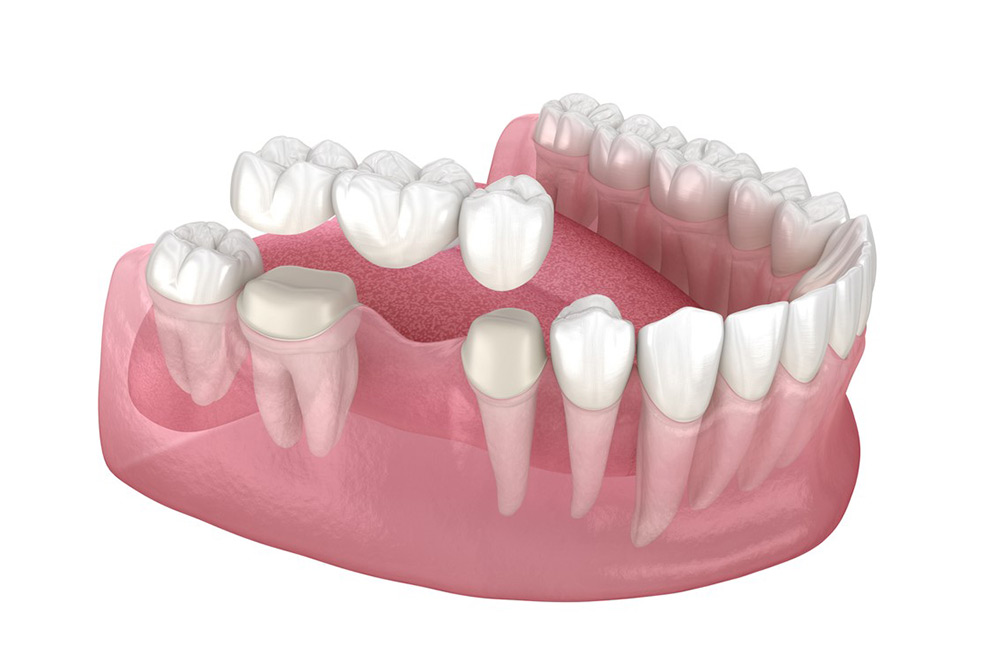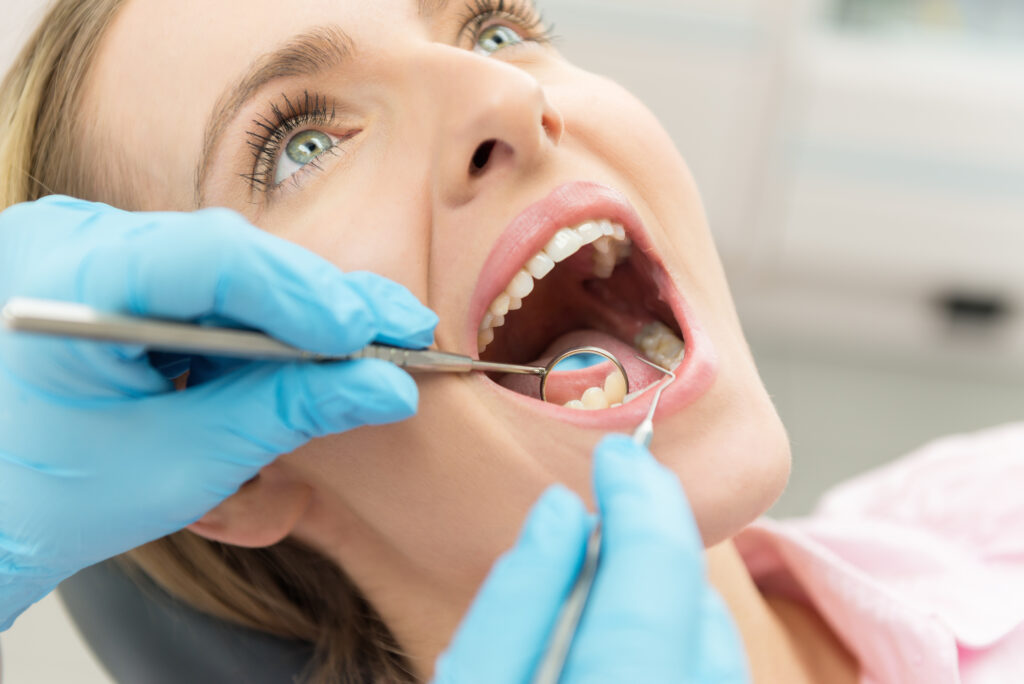Dental Information and Tips from St. Jacobs Dental Care
Dental Crowns & Bridges vs Implants: Best Choice
August 6, 2025 / DENTISTRY
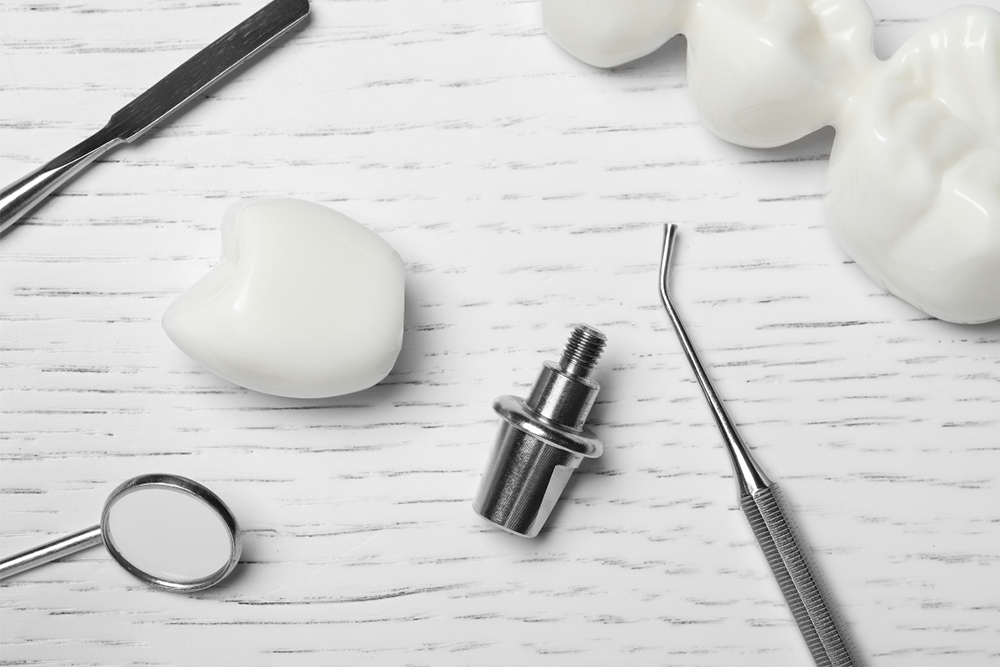
When facing tooth loss or severe damage, patients often feel overwhelmed by restoration options.
At St. Jacobs Dental Care, the team frequently helps patients navigate the choice between dental crowns & bridges and dental implants. Both treatments offer excellent solutions for restoring smiles, but understanding their differences helps patients make the best decisions for their unique situations. Each option has distinct advantages, timelines, and considerations that can significantly impact oral health journeys.
Understanding Dental Crowns & Bridges Options
Before comparing these treatments with implants, it's important to understand what dental crowns & bridges actually involve. These traditional restorative options have served patients successfully for decades and continue to be excellent choices in many situations.
Dental Crowns
A crown acts like a protective cap that covers a damaged tooth completely. When a tooth is weakened by decay, cracks, or large fillings, a crown restores its strength and appearance. The process involves reshaping the existing tooth and placing a custom-made covering that looks and functions like natural teeth.
Crowns work particularly well when patients have strong tooth roots but the visible portions need significant repair. They're also essential after root canal treatment, as they protect treated teeth from future damage.
Dental Bridges
Bridges literally bridge the gap left by missing teeth. This restoration uses crowns on adjacent teeth to support artificial teeth in between. Traditional bridges require preparing the neighbouring teeth, which become anchors for the entire restoration.
Bridges offer an excellent solution when patients have healthy teeth on either side of a gap. They restore the ability to chew properly while maintaining facial structure and preventing remaining teeth from shifting.
How Dental Implants Compare to Dental Crowns & Bridges
Dental implants represent a more modern approach to tooth replacement. Instead of relying on existing teeth for support, implants use titanium posts surgically placed in jawbones. These posts act as artificial tooth roots, supporting crowns, bridges, or dentures.
The implant process typically takes several months, as the titanium post must integrate with bone before receiving the final restoration. However, this integration creates an incredibly strong foundation that can last a lifetime with proper care.
Bone Health Considerations for Treatment Options
Bone Requirements
Dental implants require adequate bone density and volume to support the titanium posts. If patients have been missing teeth for an extended period, jawbones may have deteriorated, potentially requiring bone grafting before implant placement.
In contrast, dental crowns & bridges don't require specific bone levels. Crowns work with existing tooth roots, while bridges rely on adjacent teeth for support. This makes them viable options even when bone loss has occurred.
Bone Preservation
Interestingly, implants actually help preserve jawbone by providing stimulation similar to natural tooth roots. When patients chew, the implant transfers forces to the bone, maintaining its density and structure.
Traditional bridges don't provide this bone stimulation in the gap area. Over time, some bone loss may occur beneath the artificial teeth, though this typically doesn't affect the bridge's function.
Timeline Differences Between Treatment Options
Faster Results with Dental Crowns & Bridges
Dental crowns & bridges typically require two to three appointments over several weeks. The process involves initial preparation, temporary restorations, and final placement of permanent restorations.
For patients needing quick results—perhaps for an upcoming wedding or important business presentation—this shorter timeline can be particularly appealing. Patients have functional teeth throughout the process, thanks to temporary restorations.
Implant Timeline Considerations
Dental implants require a longer commitment, typically spanning three to six months or more. After implant placement, patients need healing time for osseointegration—the process where bone grows around the implant.
However, this extended timeline often results in superior long-term outcomes. Many patients find the wait worthwhile for the stability and longevity that implants provide.
Cost Analysis: Dental Crowns & Bridges vs Implants
Initial Investment
Dental crowns & bridges typically require a lower initial investment compared to implants. The procedures are less complex, require fewer appointments, and don't involve surgical components.
For patients with budget constraints or those seeking immediate solutions, traditional restorations often provide excellent value. Additionally, many dental insurance plans offer better coverage for crowns and bridges compared to implants.
Long-Term Value
While implants require higher upfront costs, they often provide better long-term value. Implants can last a lifetime with proper care, while crowns and bridges typically need replacement every 10-15 years.
Furthermore, bridges require preparing healthy adjacent teeth, which may need future treatment. Implants preserve neighbouring teeth, potentially avoiding additional costs down the road.
Maintenance Requirements for Different Options
Daily Care Requirements
Both dental crowns & bridges and implants require excellent oral hygiene. However, bridges need special attention to clean beneath the artificial teeth, typically requiring floss threaders or water flossers.
Crowns are maintained much like natural teeth, with regular brushing and flossing. Implants also require standard oral hygiene, though the gum tissue around implants needs careful attention to prevent inflammation.
Professional Maintenance
Regular dental visits remain essential regardless of treatment choice. However, bridges may require more frequent monitoring, as problems with supporting teeth can affect the entire restoration.
Implants typically require less intervention once successfully integrated, though regular check-ups ensure the surrounding tissues remain healthy.
Making Treatment Decisions: Important Factors
Several personal factors should influence the choice between dental crowns & bridges and implants.
Overall Health Considerations
Certain medical conditions or medications can affect implant success. Patients with uncontrolled diabetes, those taking bisphosphonate medications, or heavy smokers may be better candidates for traditional restorations.
Age Considerations
Younger patients often benefit more from implants' longevity, while older patients might prefer the shorter treatment time of crowns and bridges.
Lifestyle Factors
Active individuals who participate in contact sports might appreciate implants' stability, while those seeking quick solutions for special events might prefer traditional options.
The St. Jacobs Dental Care Treatment Approach
At the practice, the team believes in personalized treatment planning. Rather than recommending one-size-fits-all solutions, each patient's unique situation is carefully evaluated, including their oral health, lifestyle, budget, and personal preferences.
During consultations, mouths are thoroughly examined, goals are discussed, and how each option would work in specific cases is explained. The pros and cons are also reviewed honestly, ensuring patients have all the information needed to make confident decisions.
Advantages of Each Treatment Option
Benefits of Dental Crowns & Bridges
- Faster treatment timeline
- Lower initial cost
- No surgical procedures required
- Suitable for patients with bone loss
- Excellent insurance coverage
- Proven long-term success
Benefits of Dental Implants
- Superior longevity
- Preserve jawbone health
- Don't affect adjacent teeth
- Most natural feel and function
- Easier long-term maintenance
- Best long-term value
Ready to Explore Treatment Options?
Choosing between dental crowns & bridges and implants doesn't have to be overwhelming. The experienced team at St. Jacobs Dental Care is available to guide patients through this important decision, ensuring they receive the treatment that best serves their long-term oral health and happiness.
To schedule a consultation and learn more about which restoration option is right for specific needs, contact the office at 519-664-2434 or email info@stjacobsdentalcare.ca. The practice at 10 Parkside Dr is open Monday through Thursday from 8:00 AM to 5:00 PM and Friday mornings from 8:00 AM to 12:00 PM.
Let the team help restore smiles with the treatment option that perfectly matches individual needs, timelines, and goals. Contact us today to begin the journey.
Archive

